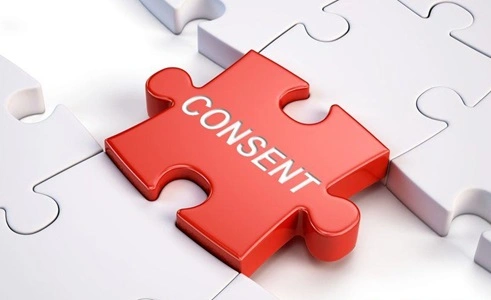Yes, in most situations, it is illegal to perform a DNA test without the consent of the individual being tested, especially when the test involves obtaining or analyzing biological samples from someone without their knowledge. However, the legality varies depending on the context, purpose, and jurisdiction, with specific rules governing DNA testing for medical, legal, or personal reasons.
Legal Framework Surrounding DNA Testing Without Consent
1. Federal Regulations
- In the United States, the Genetic Information Nondiscrimination Act (GINA) of 2008 protects individuals from unauthorized use of genetic information in employment and health insurance. While GINA does not explicitly prohibit DNA testing without consent, it safeguards against unauthorized use of genetic data.
2. State Laws
- Many states have enacted laws making it illegal to conduct DNA testing without the consent of the person whose DNA is being analyzed. For example:
- California: The California Health and Safety Code Section 124980 prohibits unauthorized DNA testing and imposes fines and penalties for violations.
- New York: DNA testing requires explicit consent, and unauthorized testing can result in legal action.
- Texas: Performing a genetic test without consent is a misdemeanor under Texas law.
3. Court-Ordered DNA Tests
- In legal disputes, such as paternity or criminal cases, courts can order DNA tests without an individual’s consent. In these instances, the court’s authority overrides personal objections.
Contexts Where DNA Testing Without Consent Is Commonly Addressed
1. Paternity Testing
- Paternity tests often require the consent of the parties involved. However, some jurisdictions allow testing under court orders, particularly in child support or custody cases.
2. Forensic DNA Collection
- In criminal investigations, law enforcement may collect DNA from suspects, crime scenes, or discarded items (e.g., used cups or cigarettes) without consent. These practices are often upheld as legal if done in compliance with established protocols.
3. Medical and Research Settings
- Medical institutions and research organizations must obtain informed consent before collecting or using DNA samples. Unauthorized use can lead to lawsuits and penalties under federal and state laws.
4. Ancestry and Genetic Testing Services
- Direct-to-consumer DNA testing services, like 23andMe or AncestryDNA, typically require the user’s consent. Submitting another person’s DNA sample to these services without their knowledge can violate privacy laws and result in legal consequences.
Penalties for Conducting DNA Tests Without Consent
1. Fines and Civil Liability
- Violators may face significant fines or civil lawsuits. In cases where unauthorized testing leads to emotional distress, damages may include compensation for harm caused.
2. Criminal Charges
- Unauthorized DNA testing is classified as a misdemeanor or felony in some states, depending on the circumstances and intent.
3. Exclusion of Evidence
In legal proceedings, DNA evidence obtained without consent may be deemed inadmissible in court.
Ethical and Privacy Concerns
1. Invasion of Privacy
- DNA contains sensitive information about an individual’s health, ancestry, and familial relationships. Unauthorized testing is considered a violation of privacy.
2. Consent as a Core Principle
- Obtaining consent ensures that individuals retain control over their genetic information, aligning with ethical standards in medicine, research, and law.
3. Third-Party Implications
- Unauthorized DNA testing can inadvertently reveal information about family members, raising additional privacy and ethical concerns.
Related FAQs
Q1. Can I perform a paternity test without the father’s consent?
Ans: No, most states require the consent of the alleged father for a paternity test unless ordered by a court.
Q2. Is it legal to collect discarded DNA, such as from a hairbrush or a drink cup?
Ans: Laws vary. In many states, collecting and testing discarded DNA without consent may still violate privacy rights, depending on how the information is used.
Q3. Are there exceptions to the consent requirement for DNA testing?
Ans: Yes, exceptions include court orders, criminal investigations, and certain public health initiatives where consent may not be required.
Q4. What are the penalties for unauthorized DNA testing?
Ans: Penalties range from fines and civil liability to criminal charges, depending on state laws and the intent behind the unauthorized test.
Q5. Can I sue if my DNA is tested without my consent?
Ans: Yes, you can file a lawsuit for invasion of privacy, emotional distress, or other damages if your DNA is tested without your authorization.
Conclusion
Performing a DNA test without consent is generally illegal in the United States, with federal and state laws providing robust protections for genetic privacy. Exceptions exist in specific contexts, such as court orders or criminal investigations, but individuals must be aware of the ethical and legal implications of handling DNA without permission. Consent is the cornerstone of lawful and ethical DNA testing, ensuring respect for personal privacy and autonomy.


